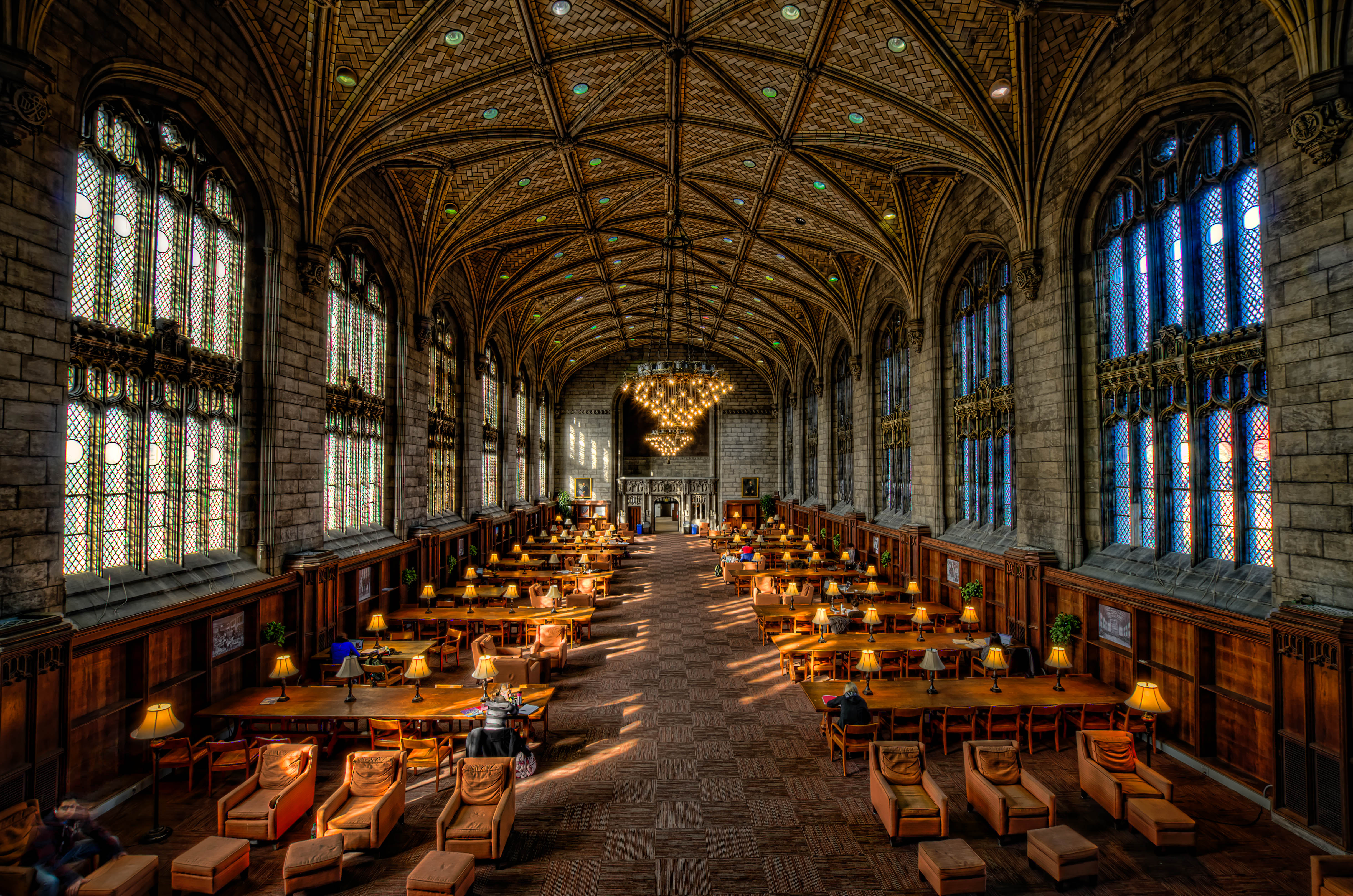
Libraries
The Libraries of the Big Ten Academic Alliance are aligned in the vision of uniting our separate collections into one collection, shared and fully networked: the BIG Collection. By this phrase we mean a holistic and comprehensive understanding of what a library "collection" is: not simply the things we hold, but our services; our people; our expertise; our technology; and our infrastructure.
In advancing this future of interdependence and excellence, we are guided by our North Star in everything that we do:
In order to advance a just, trustworthy, scalable & sustainable open knowledge ecosystem, make open, more equitable scholarship our lead purpose.
On these pages, you'll find more about the services, programs, and community that are advancing this vision in a principles-centered, mission-driven, values-aligned way.
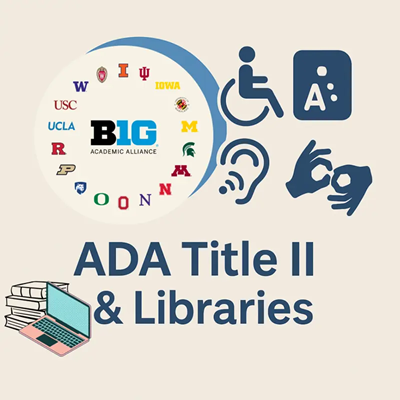
ADA Title II & Libraries
Catch the webinar replay + slides from our August 27 event. Now posted on our Accessibility page.
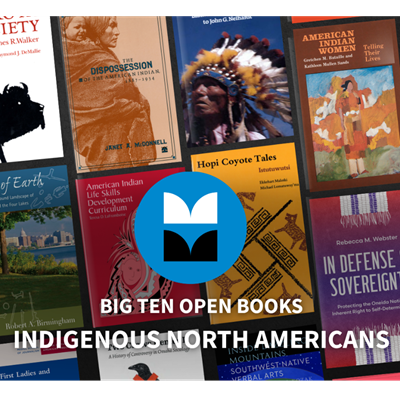
Big Ten Open Books
A new model for open-access publishing
Free, trusted titles from Big Ten university presses.
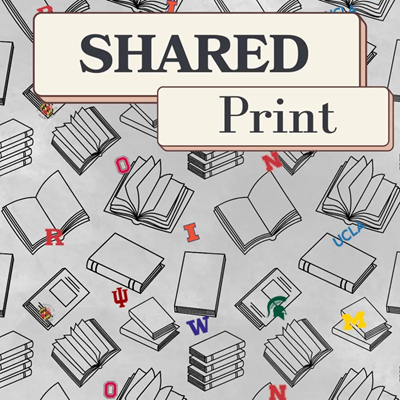
Shared Print White Paper
Explore the vision for a collaborative, distributed archive across Big Ten libraries.
Big Ten Academic Alliance libraries are now live with OCLC Resource Sharing for Groups
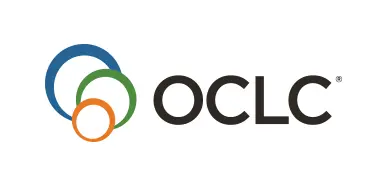 OCLC is partnering with the Big Ten Academic Alliance (BTAA) to advance development of OCLC Resource Sharing for Groups, a new solution that reimagines resource sharing with a focus on library groups and consortia.
OCLC and the BTAA are working together to support the evolution of
BTAA's UBorrow service, which offers access to more than 90 million
books from the collections of 15 university libraries and the Center for
Research Libraries, as part of OCLC's Resource Sharing for Groups.
OCLC's vision for this solution is consistent with the BTAA's goals for
the BIG Collection
resource sharing, which focuses on the unique needs of libraries that
want to share in new ways to meet the changing needs of the user
community
OCLC is partnering with the Big Ten Academic Alliance (BTAA) to advance development of OCLC Resource Sharing for Groups, a new solution that reimagines resource sharing with a focus on library groups and consortia.
OCLC and the BTAA are working together to support the evolution of
BTAA's UBorrow service, which offers access to more than 90 million
books from the collections of 15 university libraries and the Center for
Research Libraries, as part of OCLC's Resource Sharing for Groups.
OCLC's vision for this solution is consistent with the BTAA's goals for
the BIG Collection
resource sharing, which focuses on the unique needs of libraries that
want to share in new ways to meet the changing needs of the user
community
OCLC Resource Sharing for Groups is a modern consortial borrowing solution that expedites delivery of digital and print items to library users. Participating libraries have all the tools needed to easily lend and borrow resources from group members. If a request can't be filled within the group, it seamlessly scales out to regional partners and to OCLC's global interlibrary loan (ILL) network, without any staff intervention. The solution also builds on smart fulfillment functionality for fast, predictable delivery based on local policies, group profiles, available resources, library relationships, and user needs—with first-supplier fill rates at 90-95 percent.
OCLC and the BTAA have a long history of working together on research projects, such as the 2019 report Operationalizing the BIG Collective Collection: A Case Study of Consolidation vs Autonomy, and resource sharing systems such as UBorrow, WorldShare ILL, and ILLiad.
"We are delighted to work with the BTAA as a development partner for OCLC Resource Sharing for Groups," said Mary Sauer-Games, OCLC Vice President, Global Product Management. "The BTAA comprises large academic institutions in different states and regions that work with a variety of groups and consortia. We're excited to partner in the development of a solution that will meet both the objectives of the BTAA's ambitious BIG Collection initiative, and the evolving needs of the broader library community."
The BTAA's Big Collection effort is driven by library directors' commitment to move the 15 independent collections of the Big Ten libraries into one collection, shared, and fully networked.
"The BTAA libraries do not work alone; we're not an island," said Maurice York, BTAA Director of Library Initiatives. "We're deeply integrated into state networks, regional networks, and a very rich, connected world. This partnership with OCLC will benefit the BTAA libraries as we work toward achieving the Big Collection. We will also create expanding ripple effects with this work that we hope will define a new way of thinking about how libraries collaborate and share."
OCLC Resource Sharing for Groups provides streamlined consortial resource sharing that accelerates delivery across group members, providing a seamless experience for library users and simplified workflows for library staff—for digital as well as print items.
The solution also offers group members more choice and flexibility since it's provider-neutral and integrates with any standards-based discovery services and library management systems.
"OCLC Resource Sharing for Groups is an integrated solution that builds on data intelligence, smart fulfilment functionality, and a massive interlibrary loan network," said Sauer-Games. "It helps libraries connect and share all types of resources and ensures those resources are delivered to library users quickly and efficiently."
OCLC Resource Sharing for Groups is available now.
About the Big Ten Academic Alliance
The Big Ten Academic Alliance is the nation’s preeminent model for effective collaboration among research universities. For more than half a century, these world-class institutions have advanced their academic missions, generated unique opportunities for students and faculty, and served the common good by sharing expertise, leveraging campus resources, and collaborating on innovative programs. Governed and funded by the provosts of the member universities, Big Ten Academic Alliance mandates are coordinated by a staff from its Champaign, Illinois headquarters. The fifteen world-class libraries of the Big Ten Academic Alliance members include the University of Illinois Urbana–Champaign, Indiana University, University of Iowa, University of Maryland, University of Michigan, Michigan State University, University of Minnesota, University of Nebraska–Lincoln, Northwestern University, Ohio State University, Pennsylvania State University, Purdue University, Rutgers University, University of Wisconsin–Madison, and the University of Chicago.
About OCLC
OCLC is a nonprofit global library organization that provides shared technology services, original research and community programs so that libraries can better fuel learning, research and innovation. Through OCLC, member libraries cooperatively produce and maintain WorldCat, the most comprehensive global network of data about library collections and services. Libraries gain efficiencies through OCLC’s WorldShare, a complete set of library management applications and services built on an open, cloud-based platform. It is through collaboration and sharing of the world’s collected knowledge that libraries can help people find answers they need to solve problems. Together as OCLC, member libraries, staff and partners make breakthroughs possible.
